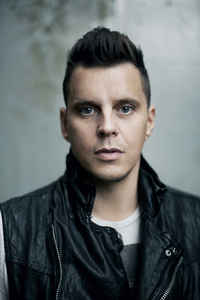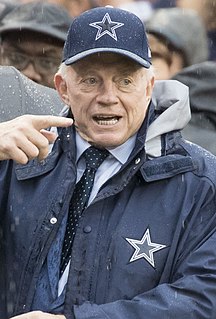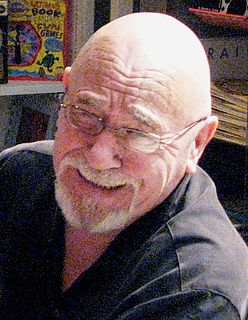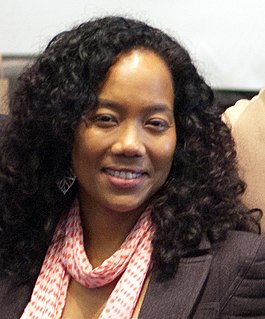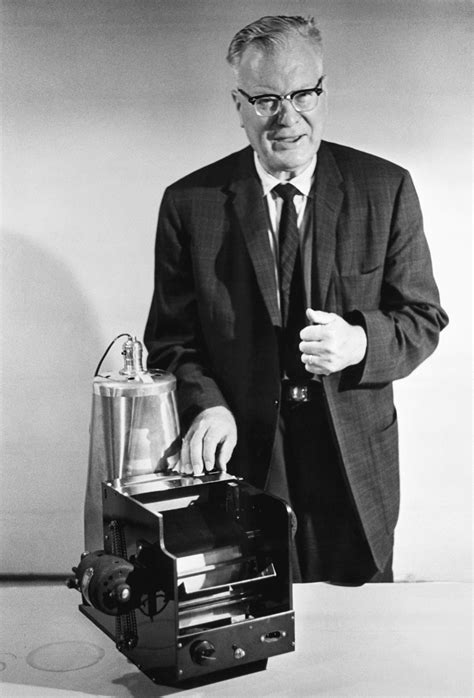A Quote by Fred Kaplan
I first wrote a biography of Thomas Carlyle, and it turned out I loved writing biographies and had a talent for it. I believed I had a contribution to make.
Related Quotes
I had a checklist in my mind of the things that make a biography practical. Is the source material centralized? Is it easy to find? Are there new primary sources that no one has ever had access to? Are all the sources in English? If they're not, are they in a language that you speak? And I realized that not only is Armstrong the most important figure of Jazz in the 20th Century, but he's a perfect subject for a biography for all of these reasons. I had always loved his music and I had been fascinated in him as a personality. And that's really the key to writing a biography.
My wife and I, we knew each other back in 2001 but had fallen out of touch. One day, I had a dream about her and wrote her a note on Facebook - I was living in L.A. at the time - and that turned into six months of just letter-writing. It started off with Facebook messages and turned into emails and eventually became actual hand-written letters.
My mother had died when I wrote my first book. I was twenty-seven, so it was right at the beginning of my writing life. I don't know if she had lived, if I would have done it, certainly not quite like I did. But, you can't rethink it. You wrote what you wrote, it meant something to other people, and that's your good.
I wrote about a bird that cleaned a crocodile's teeth. The story was so good that my teacher could not believe that a ten-year-old could write that well. I was even punished because my teacher thought I'd lied about writing it! I had always loved to write, but it was then that I realized that I had a talent for it.
Work outside of school hours was a necessity at an early age, and with such time as I had I turned toward interests of my own devising, making things, experimenting, and planning for the future. I had read of Thomas Alva Edison and other successful inventors, and the idea of making an invention appealed to me as one of the few available means to accomplish a change in one's economic status, while at the same time bringing to focus my interest in technical things and making it possible to make a contribution to society as well.
Jack believed in something—he believed in white witches and sleighs pulled by wolves, and in the world the trees obscured. He believed that there were better things in the woods. He believed in palaces of ice and hearts to match. Hazel had, too. Hazel had believed in woodsmen and magic shoes and swanskins and the easy magic of a compass. She had believed that because someone needing saving they were savable. She had believed in these things, but not anymore. And this is why she had to rescue Jack, even though he might not hear what she had to tell him.


